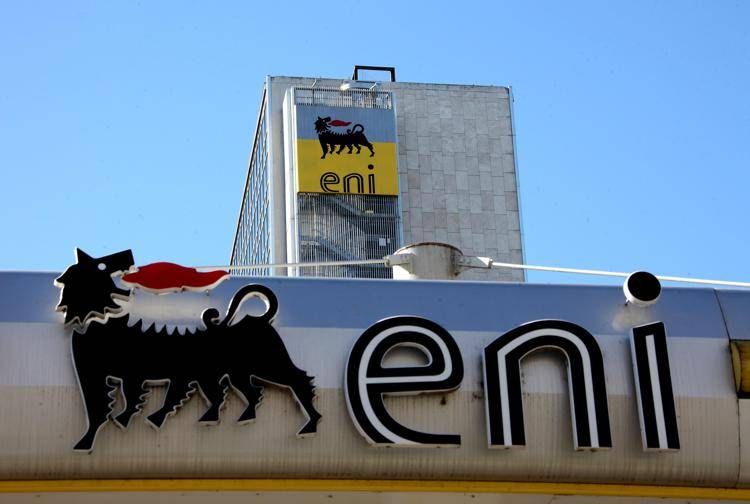

The first cargo of vegetable oil for biorefining produced by Eni in Kenya has left the port of Mombasa, on its way to the Gela biorefinery in Sicily, the Italian major said in a statement on Tuesday.
“Just three months after the start-up of the Makueni agri-hub, we are launching the export of the vegetable oil for the biorefineries, through a vertical integration model that enables the promotion of sustainable local development while exploiting the supply chain for biofuels production," said Eni’s chief executive, Claudio Descalzi.
Descalzi hailed the shipment as "a concrete step to decarbonize transport with an innovative approach that starting from the production in Kenya will extend to Congo in the next year.
Eni aims to gradually involve other African countries and geographic areas where we the company has such projects, Descalzi noted.
Production will reach 2,500 tons by the end of this year to scale up rapidly to 20,000 tons in 2023, said the statement.
The vegetable oil is produced in the Makueni agri-hub, the pressing plant opened by the company in July. The plant processes castor, croton and cotton seeds - agri-feedstock, which are not in competition with the food chain, cultivated in degraded areas, harvested from spontaneous trees or resulting from the exploitation of agricultural by-products, providing income opportunities and market access to thousands of farmers.
The centre also manufactures feed and bio-fertilisers from the protein component of seeds, benefiting livestock production and food security.
Eni Kenya, its supply chain and all agri-feedstock developed are certified according to the ISCC-EU (International Sustainability and Carbon Certification) sustainability scheme, one of the main voluntary standards recognised by the European Commission for the certification of biofuels (RED II).
Eni was the first company in the world to certify castor and croton and to enable an African cotton mill to achieve these assurance standards, offering new market opportunities to local farmers for this raw material, according to the statement.
Eni launched the project in Kenya in 2021, after the signing of an MoU with Kenyan institutions. The initiative foresees the construction of other agri-hubs, with the second one set to be operational in 2023, and the production growth with the involvement of tens of thousands of farmers, contributing significantly to the country's rural development and long-term value creation.
Eni also plans to export the used cooking oil (UCO) collected from hotel chains, restaurants and bars in Nairobi, through a project already underway that promotes the culture of recycling, raising awareness of the environmental and health benefits stemming from the correct disposal of waste oil, and the income that can be generated from waste.
Kenya leads the way for Eni's initiatives in the agro-industrial chain, which currently take in Congo, Mozambique, Angola, Ivory Coast, Benin, Rwanda and Kazakhstan. For these countries, as well as for Italy, feasibility studies have been launched aiming at completing a first phase of agricultural activities starting this year and then proceeding with the construction of seeds pressing plants for bio-refining, the statement concluded.